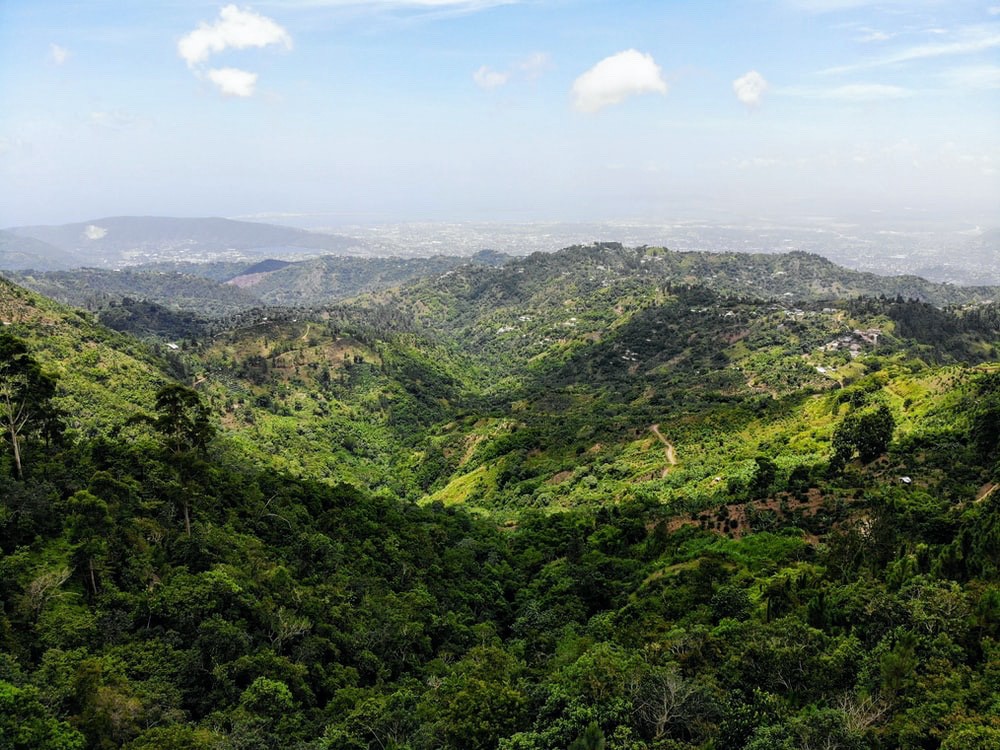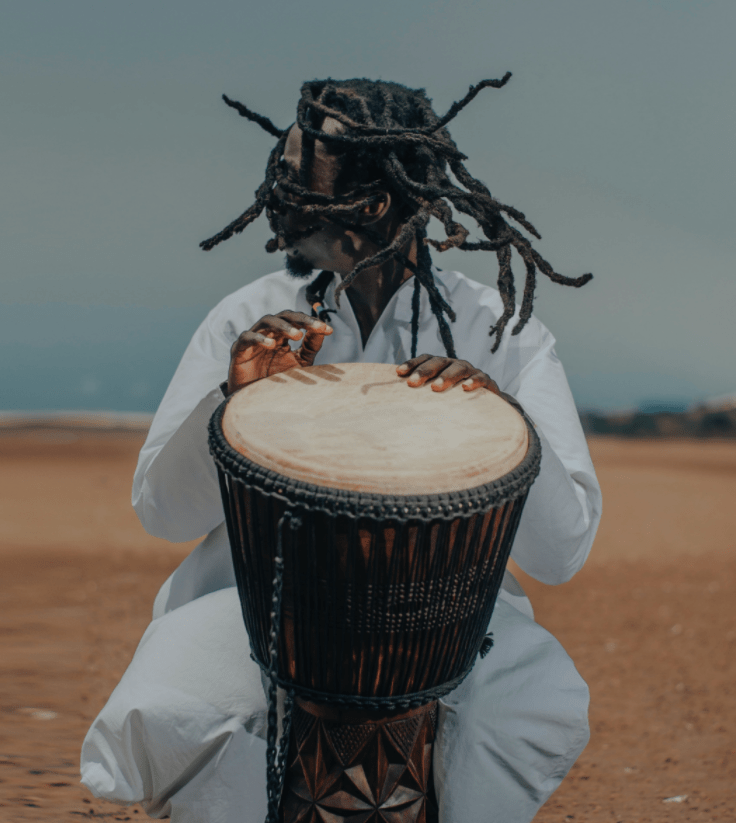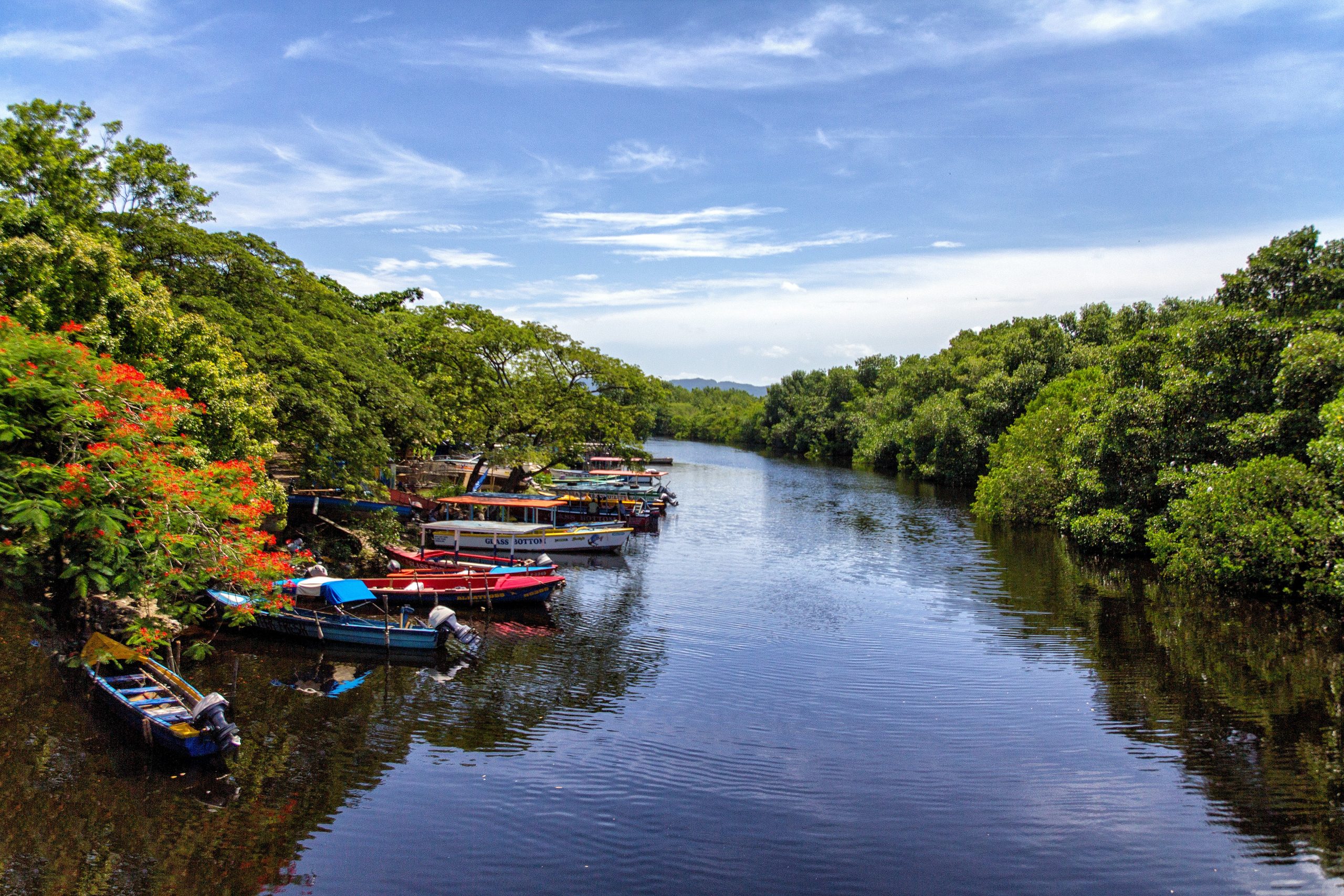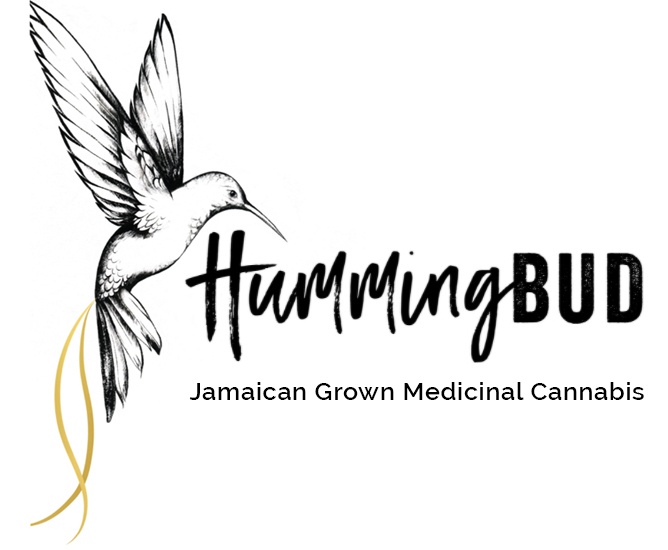A lesson from Jamaica
Jamaica is known across the world for its friendly, vibrant, and unique culture.
Outside of this small island in the Caribbean Ocean, much of this knowledge is derived from the sounds and imagery that has grown out of the popular culture of the 20th century. From sporting legends like Michael Holding, Chris Gayle and Usain Bolt, to the recognised global music royalty of Jimmy Cliff and Bob Marley, Jamaica has always delivered far beyond the limits of its island status. The cultural and spiritual identity of Jamaica has also become synonymous with arguably the most famous plant in the world. Cannabis.

While pop culture contributed to its international appreciation, the prevalence and success of the cannabis plant in Jamaica itself lie in the island’s prime ecological biosphere. Benefiting from its secluded location, Jamaica basks in an enviable abundance of sunshine and clear skies. Keeping it safe from the type of harmful micro-particles found in so many of the planet’s overpopulated regions. It is situated approximately 200 kilometres south of Cuba, covering a surface equal to about 1/6 of the landmass of Tasmania. Small, but stunningly beautiful.
The all-year-round tropical sunshine further contributes to near-perfect living conditions for all kinds of flora and fauna. The consistent 12-hours of daily sunlight is uniquely balanced by the prevailing northeast trade winds, naturally combining to control microbial activity on the island. Consistent clean rainfall, fertile soil, and a sparsely populated landscape have allowed Jamaica to become the perfect ecological laboratory. With its hilly centre, crisscrossed by rivers and waterfalls, it is no wonder the cannabis plant has made this island it’s home.

Columbus discovered Jamaica in 1494 during his second trip to America. The Spanish ruled the Island up until their defeat in 1655 by the British. Sadly, the original inhabitants, the Arawak Indians, had already been ravaged by the perils of colonialism before the island was declared a British colony. The abolishment of slavery in 1883 led to a wave of pioneers seeking their fortune in the islands of the Caribbean. Along with these new cultures and customs, Cannabis was also brought to the island.
During the 1930s, the foundations of the Rastafarian religious movement emerged out of the fight for equality for the African community living in Jamaica. Key to this movement was Marcus Mosiah Garvey, whose actions and writings also inspired others like Malcolm X and Martin Luther King. Garvey’s stage play called “The Coronation of the Kind and the Queen of Africa” was believed to be a prophesy come true, when ‘Ras Tafari’ was crowned emperor of Ethiopia, the only African country that had not been under Western rule. The movement subsequently called itself ‘Rastafari’ and part of their belief was the holiness of the cannabis plant. Integral to the faith is the belief that the consumption of cannabis would deepen one’s connection with God.
While today Rastafarians only make out up 5% of the Jamaican population, it is estimated that sixty to seventy percent of Jamaicans, across the whole socio-cultural spectrum, make cannabis part of their everyday lives. There is an abundance of misinformation surrounding the cannabis plant, and those cultures that utilise it. Jamaicans have successfully managed to integrate cannabis into their work-life patterns for generations, with few ill effects. Interestingly, with such high consumption in the population fears of high-smoking related cancers are unfounded. Incident rates of lung cancer in the Caribbean for example are far lower than in western cultures.
Viewing Jamaica simply as a ‘magical vacation destination’, or as ‘that small island that produces so many world-class athletes and musicians’, is perhaps doing it a disservice. Instead, Jamaica should be seen as an example to the rest of the world. Maybe the time has come to learn something from this small island nation that has carved its own unique pathway with the help of a little green plant.

